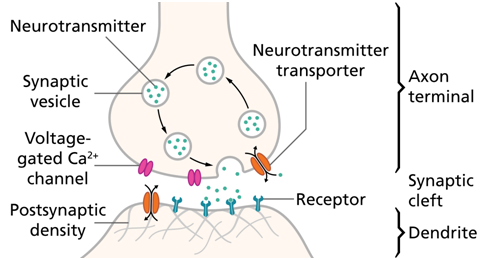What is known about the types of changes that alter IQSEC2 gene function?
Different types of gene changes affect the gene’s function more severely than others. Your local clinical genetics service will be able to explain the type of genetic change present in your family.
A ‘missense’ variant is a change in one ‘letter’ of the DNA code within the gene. It is considered a ‘milder’ type of genetic change than some others, and seems to be more common in people with a family history of IQSEC2-related disorder. Missense variants cause a range of disability in males, but do not usually cause severe disability in females.
Other types of gene changes (‘nonsense’, ‘frameshift’, ‘truncating’ – loss of function variants) have a greater impact on the function of the gene. They tend to occur in children with no family history of IQSEC2-related disorder. A gene variant that has occurred for the first time in a child is said to be a de novo [new] variant. This type of variant can be present in affected males and females, and current research suggests de novo variants are more likely to be associated with moderate to severe intellectual disability and more severe seizure disorders.
More information on these different types of genetic changes can be found here: [https://ghr.nlm.nih.gov/primer/mutationsanddisorders/possiblemutations]
The IQSEC2 gene produces a protein called IQSEC2 protein, which helps our brain to develop and function. Specialised nerve cells within our brain and nervous system are called neurons. Neurons are electrically excitable cells that receive and transmit information within our body through electrical and chemical signals. Signals between neurons occur via connections called synapses [see diagram below]. One part of the synapse is called a post-synaptic density. The post-synaptic density ensures that two neurons are close enough together to transfer information.
The IQSEC2 protein forms part of the ‘post-synaptic density’ at the ‘excitatory synapse’ of a nerve cell. Gene changes that affect the function of the IQSEC2 protein can cause changes in the transmission of electrical signals between the neurons, resulting in severe epilepsy in addition to intellectual disability.
Diagram 1. Two neurons transmitting signals over an excitatory synapse.

